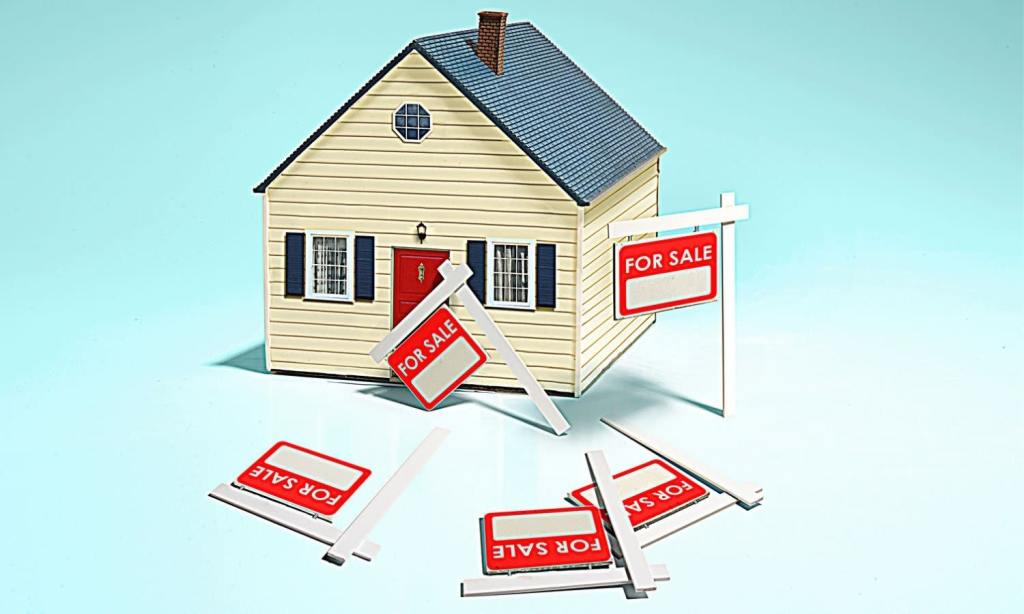Saving for a house deposit could take, on average, almost 20 years in some Australian suburbs, including Sydney and Melbourne, says new research by comparison site Finder.
The site analysed prices and incomes in each of Australia’s capital cities, as well as in the country’s local government areas (LGAs) to determine where saving for a home is the most challenging.
Unsurprisingly, Sydney was the most expensive, with residents needing to spend just over eight years on average to save for a home deposit. Melbourne came in second, with the average time to save a deposit taking seven years and four months, followed by Hobart (six years and four months) and then Adelaide (five years and five months).
Darwin came in as the most affordable state, with residents needing to spend only three years and six months — less than half the time it takes Sydneysiders — to save up for a home.
Within Sydney, Woollahra was the most expensive LGA, with residents needing on average over 18 years to save for a deposit. This was followed by Mosman (18 years and one month) and Waverley (16 years and six months). In Victoria, the LGA of Queenscliff was priciest, taking on average 12 years and five months to save for a house deposit.
Meanwhile, the cheapest suburbs for saving for a house deposit were Cobar in NSW (one year and 10 months), West Coast in Tasmania (one year and nine months) and Broken Hill, NSW (one year and 10 months).
Sarah Megginson, Finder’s senior editor of money, says Australia’s property prices had grown at a faster rate than incomes over the past few decades, adding that that contrast was more stark in some suburbs than in others.
“It’s mind-boggling just how long it could take home buyers to save up for a deposit in some of the country’s pricier suburbs,” Megginson says.
“But this doesn’t mean first home buyers should feel discouraged. Having a realistic budget and starting to save early on — even if it’s just $100 a month — will put you on the right track.”
Megginson suggests three steps to saving for a house deposit:
Determine Your Deposit Size
Start by getting a rough idea of what you need to save. The typical house deposit is 20% of the property price, but many lenders will accept a deposit as low as 10% or even 5%.
Get Serious About Saving
Set a budget and find ways to cut back. Budgeting tools like the Finder app can categorise your spending so you can see where you can cut back and build up your bank balance.
Get Help If You Can
Check to see if you’re eligible for any government grants, or if you have family who are willing to help. Government grants are conditional, depending on things like the age or value of the property. If your parents own their home and are willing to guarantee part of your deposit, you can save a smaller deposit.
Read more stories from The Latch and subscribe to our email newsletter.

